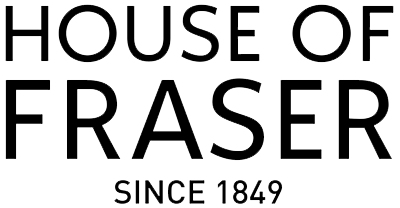“The UK, along with many western economies, has opted for a form of stagnation,” was Next CEO, Lord Woolfson’s opening gambit at this year’s BRC annual lecture – and this was before the EU referendum result.
To say, Woolfson – who joined Next as a sales consultant before a meteoric rise through the ranks, becoming CEO in 2001 – did not hold back among his industry colleagues would be an understatement, and Retail Connections was in the thick of his fascinating discussion on modern British retail.
Woolfson’s main umbridge is with policy makers and town planners, and their attitude to retail investment at a time of economic stagnation. He noted that output across all services has steadily declined over the past 19 months, and wage inflation is declining, yet a company like Next that wants to increase its retail footprint and bring new opportunities to the local community is being held back by bureaucracy. In his words, “From Whitehall to Town Hall, they’re holding business up”.
He gave the example of two sites, both fraught with issues. The first is a disused council car park in Manchester, which Next has been battling to acquire for six years now, and the process is not quite done and dusted yet. The second is the brand’s Maidstone superstore, which planners wanted to locate in a heavily congested part of town on the site of a train station (currently in use), rather than an empty patch of land close to the motorway that Next had requested. Woolfson won the battle eventually.
“We are not short of land, and yet we ration it as if there is none to spare,” he criticised.
This led him into a critique of the UK’s current housing crisis. Rationing creates the illusion of exclusivity, yet it is holding back economic growth. From the housing market alone, Woolfson predicts we could increase GDP by 3% if the country built 200,000-300,000 additional homes each year. He references another anecdote – this time of a South West housing estate built on land that was deemed unsuitable for cows to graze.
Returning to retail, Lord Woolfson worried that a ‘zero sum’ approach to planning permission is leading to local decision makers “pickling the old stuff and preventing change”, by failing to embrace larger, out of town stores that could generate increased wealth for nearby communities. He added that “growth means change and change can be uncomfortable”.
After a brief foray into the problems with the current road system and why HS2 is (in his words) the single greatest act of wealth destruction since the Second World War, Woolfson returned to retail to offer his compatriots some words of advice:
- Don’t use the planning system to eliminate or contain the competition. Property companies fighting each other is not good for business
- Don’t ask for tax cuts unless you are also asking for spending cuts. It is a circle of pickpocketing
- Do fight your corner, even if you think planning permission is not going to be granted. Take the idea to your customers first, as a groundswell of support will increase an application’s chance of success
- Do educate the public on the need for economic growth in the UK, and how retail can achieve this
“Talk about barriers to growth and enormous opportunity for change and we might just stand a chance. Say nothing and we will fail,” was Lord Woolfson’s final soundbite. Given the earthquake that was Brexit shortly after his lecture, that need to talk about change is more pertinent than ever.



















